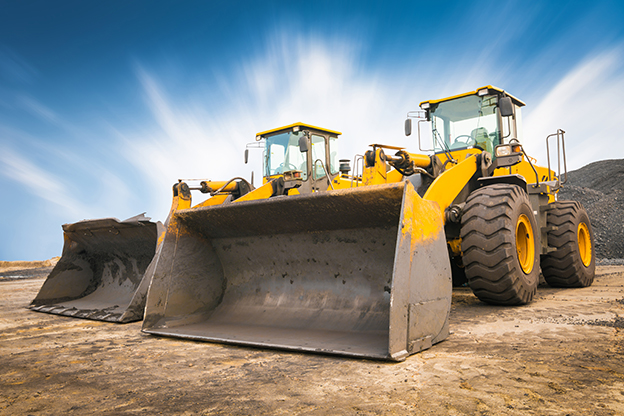Exporting equipment involves several considerations to ensure a smooth and successful process. Here are some key things to know:
Regulations and Compliance
Familiarize yourself with export regulations, including export control laws and regulations specific to the countries you are exporting to. Ensure compliance with export licenses, permits, and documentation requirements.
Tariffs and Duties
Understand the tariffs, duties, and taxes applicable to the equipment you are exporting and factor these costs into your pricing and budgeting.
Customs Clearance
Plan for customs clearance procedures in both the exporting and importing countries. Properly prepare all required documentation, including commercial invoices, packing lists, certificates of origin, and any other relevant paperwork.
Shipping Logistics
Choose the most suitable shipping method based on factors such as the size and weight of the equipment, transit time, cost, and security. Options may include ocean freight, air freight, or land transportation.
Packaging and Handling
Ensure that the equipment is properly packaged and secured for transportation to prevent damage during transit. Use appropriate packaging materials and techniques, and consider any special handling requirements for fragile or sensitive equipment.
Insurance
Obtain adequate insurance coverage to protect against potential loss or damage during transit. Review the terms and conditions of the insurance policy to understand coverage limits, exclusions, and claims procedures.
Export Documentation
Prepare all necessary export documentation accurately and thoroughly. This may include export licenses, bills of lading, certificates of insurance, and export declarations.
Payment Terms
Establish clear payment terms with your international customers, taking into account factors such as currency exchange rates, payment methods, and any applicable trade financing arrangements.
Cultural and Language Differences
Be mindful of cultural differences and language barriers when communicating with international customers and partners. Consider working with local agents or distributors who have knowledge of the target market and can assist with language translation and cultural adaptation.
After-Sales Support
Provide adequate after-sales support to international customers, including technical assistance, training, and maintenance services. Building a reputation for reliability and customer satisfaction can help foster repeat business and positive word-of-mouth referrals.
By addressing these considerations and staying informed about the latest developments in international trade regulations and practices, you can navigate the process of exporting equipment more effectively and efficiently.









